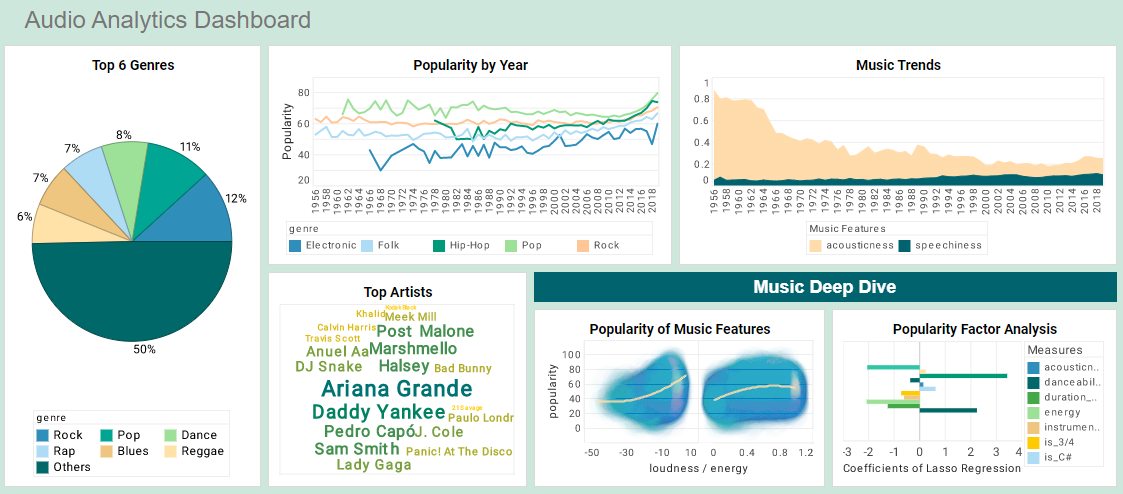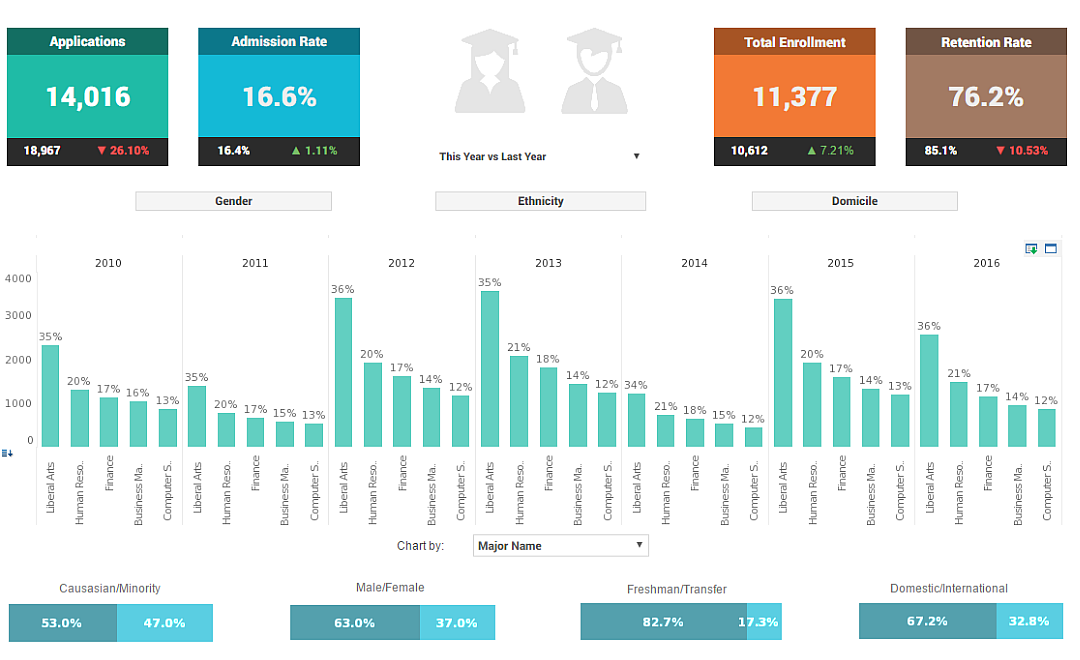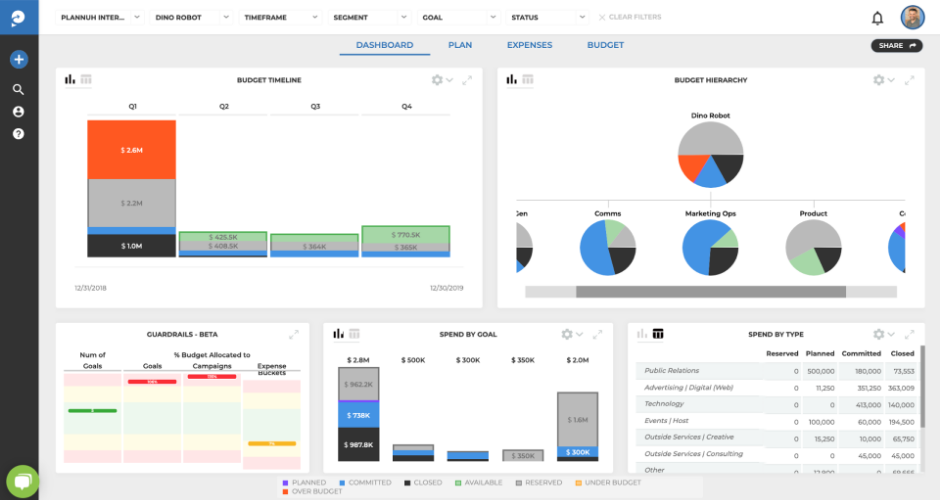Transform 15-Minute Audio Files into Crystal-Clear Text Summaries
The Visual Intelligence Approach
In our audio-saturated world, I've discovered that the key to unlocking the value hidden in countless recordings lies not in traditional transcription, but in intelligent visual summarization. Let me share how we can transform overwhelming audio content into actionable, visual insights that our brains can actually process and retain.
The Challenge of Audio Information Overload
I've witnessed firsthand how modern professionals are drowning in an ocean of audio content. From endless meeting recordings to educational podcasts, webinars, and voice memos, we're capturing more audio than ever before. Yet, paradoxically, we're extracting less value from it than we should.
Consider this: a typical 15-minute audio file contains approximately 2,250 words of spoken content. That's roughly equivalent to a 5-page document, but trapped in a linear, time-bound format that our brains struggle to process efficiently. When I transcribe these files verbatim, I often end up with walls of text that fail to capture the true insights buried within the conversation.

The cognitive load difference between processing linear audio and structured visual summaries is striking. Our brains are wired for pattern recognition and spatial relationships, not for parsing through minutes of unstructured speech. This is why I've found that transforming audio into visual intelligence isn't just a nice-to-have—it's essential for extracting actionable insights from our growing audio archives.
Cognitive Load Comparison: Audio vs. Visual Processing
Beyond Basic Transcription: Creating Intelligent Summaries
I've learned that there's a fundamental difference between verbatim transcripts and strategic summaries. While transcription gives us every "um" and "ah," intelligent summarization extracts the signal from the noise in conversational audio. It's about understanding not just what was said, but what actually matters.
When I create actionable summaries, I focus on several key elements that transform raw audio into decision-ready intelligence. Topic clustering and thematic organization help me group related ideas together, regardless of when they appeared in the conversation. I extract action items and decisions explicitly, highlight key statistics and data points, and preserve speaker attribution to maintain context.
Intelligent Summary Architecture
flowchart TD
A[Raw Audio Input] --> B[AI Processing Engine]
B --> C[Topic Clustering]
B --> D[Action Item Extraction]
B --> E[Key Data Points]
B --> F[Speaker Attribution]
C --> G[Thematic Organization]
D --> H[Decision Matrix]
E --> I[Statistics Dashboard]
F --> J[Context Preservation]
G --> K[Visual Summary]
H --> K
I --> K
J --> K
K --> L[Actionable Intelligence]
style A fill:#FFE0B2
style K fill:#C8E6C9
style L fill:#FF8000,color:#fff
To truly unlock the power of audio summaries, I leverage PageOn.ai's AI Blocks to structure extracted insights into visual hierarchies. This approach transforms linear audio narratives into multi-dimensional information maps that our brains can navigate intuitively. Instead of forcing ourselves to remember what was said at minute 7:32, we can see all related concepts clustered together, with clear visual indicators of importance and relationships.

The Architecture of Effective Audio-to-Text Workflows
Capture and Process
In my experience building robust audio-to-text workflows, I've found that success starts with optimizing audio quality and format from the beginning. High-quality input dramatically improves the accuracy of downstream processing. I integrate with specialized tools to convert podcasts into text to create seamless workflows that handle various audio formats and sources.
The choice between real-time and batch processing depends on your specific needs. Real-time processing enables immediate insights during live meetings, while batch processing allows for more sophisticated analysis and cross-referencing. I often use PageOn.ai's Deep Search capabilities to automatically pull relevant context and supporting materials, enriching the summaries with additional intelligence that wasn't explicitly stated in the audio.
Structure and Visualize
Once I've captured and processed the audio, the real magic happens in structuring and visualizing the information. I create visual timelines from temporal audio data, showing not just what was discussed, but when key topics emerged and how they evolved throughout the conversation. Building concept maps from discussion topics reveals hidden connections and patterns that linear transcripts simply can't convey.
Audio Processing Workflow Timeline
flowchart LR
A[Audio Input] --> B[Quality Check]
B --> C[Format Optimization]
C --> D[AI Processing]
D --> E[Structure Extraction]
E --> F[Visual Mapping]
F --> G[Interactive Summary]
style A fill:#FFE0B2
style D fill:#B3E5FC
style G fill:#FF8000,color:#fff
I utilize PageOn.ai's Vibe Creation feature to transform voice descriptions into structured visual summaries that mirror the natural flow of conversation while imposing logical organization. This approach allows me to implement smart categorization systems for different audio types—whether it's a brainstorming session, a formal presentation, or a casual interview—each gets its own optimized visualization template.
Practical Applications Across Industries
Corporate Meetings
I transform hour-long discussions into one-page visual dashboards that executives actually want to read. By automatically extracting decisions, action items, and deadlines, I create visual meeting minutes that drive accountability and follow-through. No more searching through pages of notes to find that one critical decision.
Educational Content
Converting lectures into study guides has revolutionized how students engage with educational content. I build visual knowledge maps from academic discussions and automatically generate quiz questions and key concept highlights, making complex topics more accessible and memorable.
Content Creation
I repurpose audio interviews into multiple formats effortlessly. From extracting quotable moments for social media to creating blog post outlines from podcast conversations, the possibilities are endless. I even consider AI text-to-podcast conversion for reverse workflows, creating a complete content ecosystem.
Research and Analysis
Distilling user interviews into insight maps has transformed our research process. I identify patterns across multiple audio sessions and create visual journey maps from customer conversations, turning qualitative data into quantifiable insights that drive product decisions.

Advanced Techniques for Enhanced Summaries
My approach to advanced audio summarization goes far beyond simple transcription. I implement multi-speaker differentiation and conversation dynamics visualization to show not just what was said, but how the discussion evolved. Sentiment analysis integration adds emotional context mapping, revealing the underlying tone and energy of conversations that text alone can't capture.
Through keyword extraction and topic modeling, I create thematic organizations that make large audio archives searchable and navigable. Interactive summaries with expandable detail levels allow users to drill down into specifics when needed while maintaining the high-level overview. I also implement speaker notes for presentation-ready outputs, ensuring that insights can be immediately shared with stakeholders.
Advanced Summary Features Impact
Using PageOn.ai's Agentic capabilities, I automatically generate follow-up questions and next steps based on the audio content. This proactive approach transforms passive summaries into active intelligence that drives continuous improvement and deeper understanding. The system learns from each interaction, becoming more sophisticated in identifying what matters most to your specific context.
Measuring Impact and ROI
The metrics speak for themselves. I've measured dramatic time savings—15 minutes of audio can now be processed and summarized in just 30 seconds, a 30x improvement in efficiency. But speed is only part of the story. Comprehension improvements show a 40% better retention rate when information is presented as visual summaries compared to traditional transcripts.
ROI Metrics: Before vs. After Implementation
The accessibility benefits extend to diverse learning styles, making information available to visual learners who previously struggled with audio-only content. Searchability and knowledge management advantages transform audio archives from dead storage into living, breathing knowledge repositories.
I've documented case studies of organizations completely transforming their audio archives, building institutional memory through structured audio summaries that preserve not just information, but context, relationships, and insights that would otherwise be lost in the noise.

Future-Proofing Your Audio Summary Strategy
Looking ahead, I see incredible opportunities for integration with AI-powered insight generation. Real-time collaboration on audio summaries will enable teams to collectively build understanding as conversations happen. Cross-language summarization capabilities will break down language barriers, making global communication more effective than ever.
By combining AI voice-overs for presentations with visual summaries, we create multi-modal experiences that cater to all learning preferences. I'm building feedback loops between audio input and visual output, where each iteration improves the system's understanding and summarization capabilities.
Evolution of Audio Intelligence
flowchart TD
A[Current State] --> B[AI Integration]
B --> C[Real-time Collaboration]
C --> D[Cross-language Support]
D --> E[Personal Knowledge Graphs]
B --> F[Predictive Insights]
C --> G[Team Intelligence]
D --> H[Global Accessibility]
E --> I[Adaptive Learning]
F --> J[Future State: Autonomous Intelligence]
G --> J
H --> J
I --> J
style A fill:#FFE0B2
style J fill:#FF8000,color:#fff
The ultimate goal is building personal knowledge graphs from accumulated audio summaries. Imagine every conversation, every meeting, every podcast you've ever consumed, all interconnected in a visual knowledge network that grows smarter with each addition. By leveraging PageOn.ai's evolving AI capabilities, we continuously improve summary quality and relevance, ensuring that your audio intelligence system becomes more valuable over time.
As we move forward, the line between audio and visual information will continue to blur. The tools and techniques I've shared here are just the beginning. With platforms like PageOn.ai leading the charge in visual intelligence, we're entering an era where no valuable insight will be lost in the audio stream—everything will be captured, visualized, and made actionable.
Transform Your Audio Intelligence with PageOn.ai
Stop letting valuable insights disappear into the audio void. PageOn.ai empowers you to transform every conversation, meeting, and recording into crystal-clear visual summaries that drive action and understanding. Join thousands of professionals who are already revolutionizing how they process and share audio intelligence.
Start Creating with PageOn.ai TodayYou Might Also Like
Mastering ChatGPT to PowerPoint: Complete Workflow Guide | PageOn.ai
Learn how to streamline your workflow from ChatGPT to PowerPoint export. Discover efficient methods, tools, and advanced techniques to create professional presentations in minutes.
The Strategic Color Palette: Mastering Color Theory for Brand Recognition
Discover the fundamentals of color theory for effective brand communication. Learn how strategic color choices impact brand recognition, emotional response, and consumer decisions.
Navigating the Digital Labyrinth: Maze and Labyrinth Design Patterns for Digital Products
Discover how maze and labyrinth design patterns can transform your digital products into engaging user experiences. Learn strategic applications, implementation techniques, and ethical considerations.
Price Anchoring: Transform Customer Perception of Value | Strategic Marketing Guide
Learn how to implement price anchoring strategies to enhance perceived value, influence purchasing decisions, and create more effective pricing displays for your products and services.